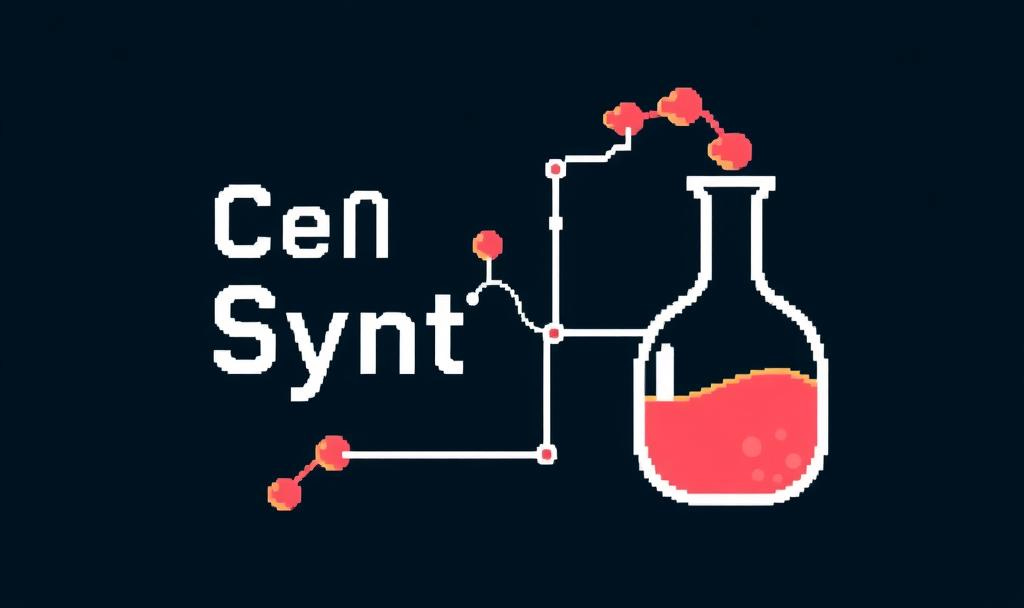➡️ Retrosynthesis
Retrosynthesis has long been a cornerstone process in chemical synthesis ⚗️, involving the systematic deconstruction of complex molecules into simpler precursors that can be readily synthesized or obtained. This approach, pioneered by Elias J. Corey in the 1960s, has significantly advanced organic chemistry and enabled the design of synthetic routes for pharmaceuticals, agrochemicals, and materials. At its core, retrosynthesis requires chemists to envision the transformation 🎨🖌️🖼️ of target molecules through a series of logical steps, often leveraging their expertise and intuition.
However, the growing complexity of molecular targets in drug discovery has underscored the need for computational tools capable of augmenting human reasoning. So far, different AI and computer-aided tools have been developed like MCTS, 3N-MCTS, ReTReK, RetroPathRL, BioNavi-NP, G2Retro, Graph2Edits, RetroRanker, and many more.
From a drug development perspective, chemical synthesis planning begins after we have identified a suitable lead compound during drug screening. At this point—since many of the drug candidates exist only in chemical libraries and do not have a reliable or optimal chemical synthesis pathway—we can perform what is known as retrosynthetic analysis or retrosynthesis, namely tracing the steps in reverse in order to synthesize the lead compound.
Retrosynthesis involves planning a complete synthesis pathway in order to create complex organic molecules found in nature using only simple precursors. For that reason, the lead compound is first reduced into a sequence of progressively simpler structures, with the ultimate goal of identifying a simple or commercially available starting material to work with.
But the reality is that retrosynthesis analysis is highly challenging. For example, 60% of all FDA-approved drugs are natural compounds (NPs) or their derivatives, yet complete biosynthetic pathways for most of them remain unknown. This is where AI and computer-aided tools come in handy.
AI is revolutionizing retrosynthetic analysis by enhancing accuracy, reducing time, and lowering costs associated with traditional methods. Recent advancements have demonstrated that AI-driven platforms can predict viable synthetic pathways with unprecedented precision, offering solutions to challenges that were once considered insurmountable.
➡️ AI/ML chemical synthesis startups
📙 Chemify Ltd
Chemify Ltd, spun out of 15 years of research at the University of Glasgow UK (CEO Professor Lee Cronin), aims to digitize chemistry and produce solutions to run chemical code for drug discovery, chemical synthesis and materials discovery. They have an extendable chemical execution architecture for chemical synthesis that can automatically read the literature, leading to a universal autonomous workflow. The robotic 🤖 synthesis code can be corrected in natural language without any programming knowledge, and is hardware independent. This chemical code can then be combined with a graph describing the hardware modules and compiled into platform-specific, low-level robotic instructions for execution (A universal system for digitization and automatic execution of the chemical synthesis literature).





